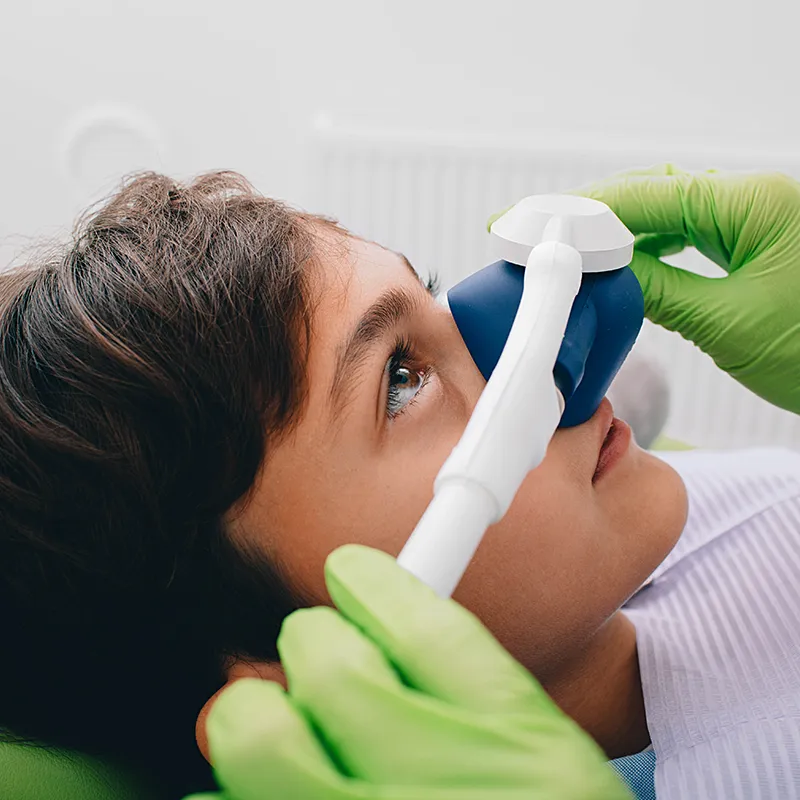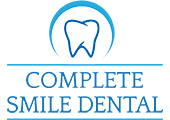It’s pretty well known that regular dental visits are crucial for maintaining good oral health. But for many people, the thought of a trip to the dentist can trigger a racing heartbeat and uncontrolled discomforting thoughts. Dental anxiety, also known as dental phobia, is a very real concern that can lead people to avoid dental check-ups and procedures altogether. This avoidance, however, can have serious consequences for your oral health.
If you’re one of those people who dread the dentist’s chair, don’t despair! You’re not alone, and there are many effective strategies to manage your anxiety and achieve a healthy smile. Let’s explore some techniques that can make your dental visits less stressful and more positive.
Understanding your fears
The first step in overcoming dental anxiety is acknowledging your fears and understanding what triggers them. Common fears include:

- Fear of pain: The thought of experiencing pain from needles, drills or injections can be intimidating and overwhelming.
- Fear of the unknown: Not knowing what to expect during a dental procedure can heighten anxiety, especially if it’s your first time undergoing a specific treatment.
- Loss of control: Feeling vulnerable and powerless while in the dentist’s chair is a common concern. Being in a reclined position with someone working in your mouth can make you feel helpless.
- Past negative experiences: A previous bad experience at the dentist can leave a lasting impact, making you anxious about future visits.
- Embarrassment about oral health: Feeling ashamed or self-conscious about the condition of your teeth can make you hesitant to seek dental care, fearing judgement from the dentist.
- Fear of dental instruments: The sight and sound of dental instruments, especially drills, can be intimidating and anxiety-inducing.
- Fear of gagging or choking: Some individuals have a strong gag reflex or fear of choking during dental procedures, adding to their anxiety.
- Financial concerns: Worrying about the cost of dental treatments and the financial burden it may impose can cause significant stress.
- Sensory overload: The bright lights, strong smells and sounds of a dental office can be overwhelming for some people, contributing to their anxiety.
- Fear of diagnosis: The fear of receiving bad news about your oral health, such as needing extensive dental work or having a serious condition, can also cause anxiety.
Building a comfort zone for dental visits
Once you understand your triggers, you can start building a comfort zone around dental visits. Here are some tips to help:
Find a dentist who listens: Choose a dentist who is understanding, patient and willing to answer your questions. Interview potential dentists to ensure they meet your needs before scheduling an appointment.
Be open and honest: Communicate your fears and anxieties to your dentist. They can tailor the experience to your needs by offering breaks, explaining procedures beforehand and using numbing agents when necessary.
Embrace relaxation techniques: Utilise calming methods like deep breathing exercises, meditation, or listening to soothing music before and during your appointment. A stress ball can also provide a physical outlet for nervous energy.
Bring a support system: Having a trusted friend or family member by your side can provide emotional support and a sense of security during your visit.
Take control: Ask questions, raise your hand if you need a break and don’t be afraid to signal discomfort. Regaining a sense of control can significantly reduce anxiety.
Gradual exposure: If your anxiety is severe, consider starting with simple cleanings and gradually working your way up to more complex procedures.
Remember, you are in charge! Don’t be afraid to ask for what you need to feel comfortable. A good dental team will work with you to ensure a positive experience.
Considering sedation dentistry
Maybe relaxation techniques and a supportive environment won’t go far enough toward easing your dental anxiety. If your anxiety is severe, talk to your dentist about sedation dentistry. There are several kinds of anaesthesia or sedation options available:
Nitrous oxide (laughing gas): This is a mild sedative that helps you relax while remaining awake and aware. It is inhaled through a small mask placed over your nose and its effects wear off quickly after the procedure.
Oral conscious sedation: This involves taking a prescribed medication prior to your appointment, which helps you feel calm and drowsy but still awake. The level of sedation can vary from minimal to moderate, depending on the dose.

IV sedation: This method involves administering a sedative drug directly into your bloodstream through an intravenous line. It allows the dentist to adjust the level of sedation continuously, providing a deeper level of relaxation. You may not remember much of the procedure afterwards.
General anaesthesia: This is the deepest form of sedation, where you will be completely unconscious and unaware during the procedure. It is typically reserved for complex dental procedures or for patients with extreme dental anxiety or special needs.
Discussing these options with your dentist can help determine the best sedation method for your comfort and the specific requirements of your dental treatment.
Taking care of yourself
Taking care of your overall well-being can also help manage dental anxiety. Getting enough sleep, eating a healthy diet and exercising regularly can all contribute to feeling calmer and more in control.
Overcome your uncomfortable thoughts for a healthy smile
Your dentist truly understands how it feels to be afraid of dental treatment. The struggle is real, not helped by the historical fact that traditional dentistry has been quite invasive. Many of the old scarier techniques have been superseded by better approaches with new technology. So, rest assured that modern dentistry has transformed many common treatments to be much gentler than in the past. Modern dentistry is surprisingly gentle!
If you’re ready to conquer your dental anxiety, start by making an appointment. Let the dentist’s office know about your fears beforehand. Many dental practices offer calming environments with amenities like headphones or TVs to help you relax.
With a little planning and the right strategies, you can manage your dental anxiety and achieve a healthy smile you can be proud of. Remember, a radiant smile contributes to your general health and confidence. Don’t let fear stand in the way of achieving a healthy and happy you!


